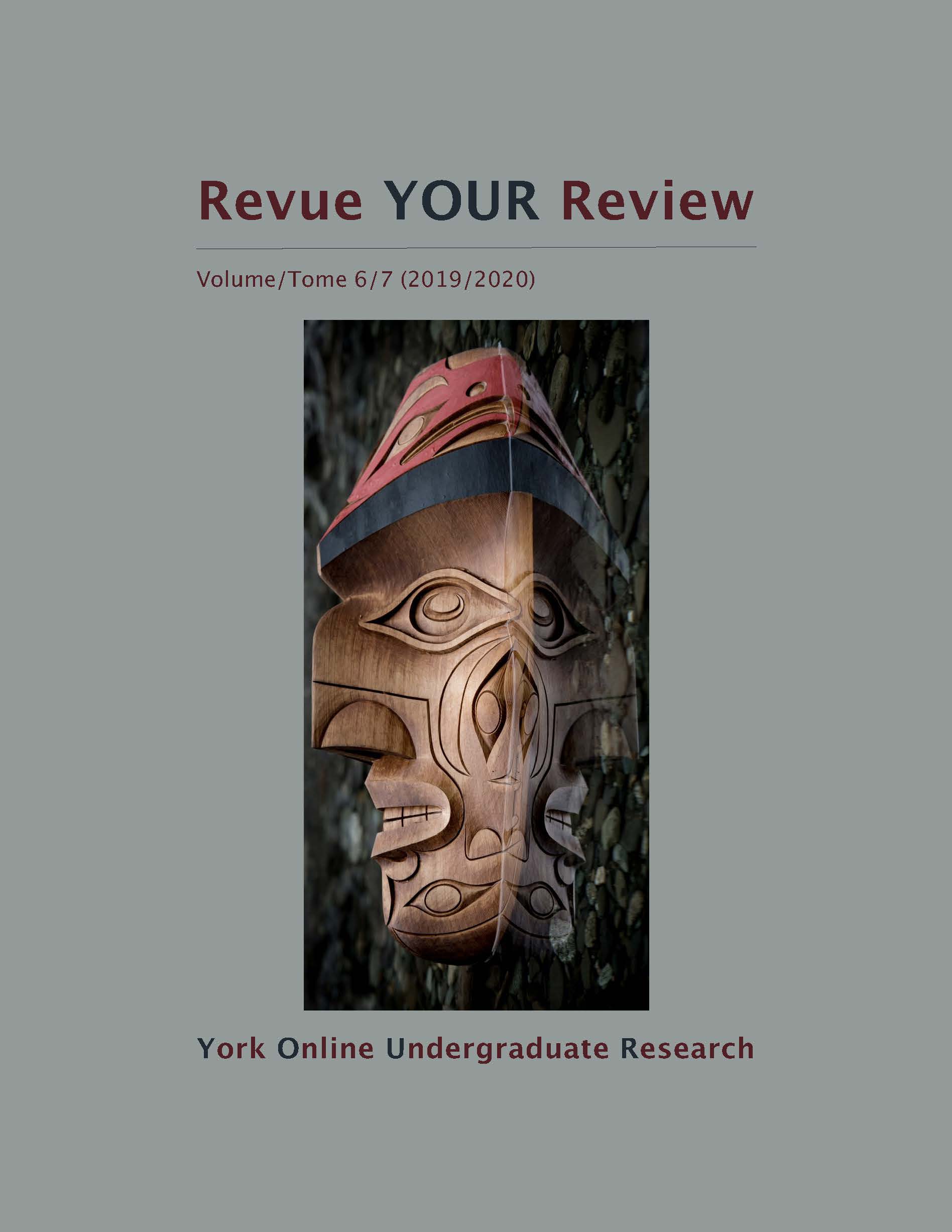Progress or Profits? The World Trade Organization’s Approach to Pharmaceutical Patents
Abstract
How does a powerful institution like the World Trade Organization (WTO) influence global health? Since the 1990s, WTO-led trade agreements have included provisions related to public health and intellectual property—specifically, pharmaceutical patents. How does the WTO's approach to patent law impact the development and accessibility of pharmaceuticals worldwide? In the style of Global Health Watch, this project identified and contrasted the dominant narrative put forward by the WTO and the counter-narrative presented by outside sources. Pharmaceutical patents are justified by the WTO for two reasons: to respect an inventor's right to own and profit from their work; and to stimulate investment into new medicines. The WTO insists that patents do not negatively affect pharmaceutical research or access to medicines because of public health flexibilities included in trade agreements. Evidence from investigative journalists and alternative media sources discredit these claims. Historical and contemporary examples of trade agreements and patented pharmaceuticals show how the current patent system is flawed. Long patent terms have created monopolies and public health flexibilities have been underused. Since the 1990s, free-trade agreements have increased patent protection and made it more difficult for governments to ensure access to medicines, even when patents have expired. While the WTO has positioned itself as a global health stakeholder, this study suggests that its current approach to patents places corporate profit over public health.
Downloads
Published
How to Cite
Issue
Section
License
LicenseAuthors contributing to Revue YOUR Review agree to release their articles under one of three Creative Commons licenses: Creative Commons Attribution 4.0 International; Creative Commons Attribution-NonCommercial 4.0 International; or Creative Commons Attribution-NoDerivatives 4.0 International. All editorial content, posters, and abstracts on this site are licensed under Creative Commons Attribution-NoDerivatives 4.0 International. For further information about each license, see:
https://creativecommons.org/licenses/
In all cases, authors retain copyright of their work and grant the e-journal right of first publication. Authors are able to enter into other contractual arrangements for the non-exclusive distribution of the e-journal's published version of the article (e.g., post it to an institutional repository or publish it in a book or in another journal), with an acknowledgement of its initial publication in this e-journal.


